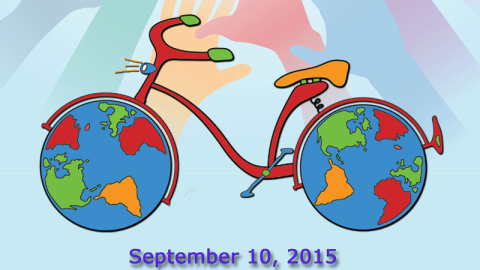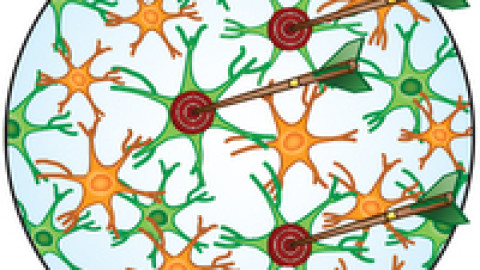The following was presented at the 7th Congress of Psychiatry in Lille, France (Nov 2015)
French Guyana exhibits one of the highest rates of suicide in the world today. This tragic situation has demonstrated the need to take cross-cultural settings into account in order to understand and successfully act on the prevention of suicide.
There are in this region two populations: those living on the coast with access to the main resources and those living in the towns of the Interior. The peoples of Guyana are irregularly spread over 84 000 km2 and many villages are quite distant from any proper healthcare facilities, sometimes several days by canoe. Recent WHO studies show that suicide risks in this region grow with distance from urbanized centres. The population residing on the two rivers of Guyana and indoors (Amazonian forest space) are significantly more vulnerable to suicide than all other segments of Guyanese and French society. These suicides are mainly young people.
Examination of the contributory factors to suicide among the indigenous peoples of Guyana reveal a deep evil which goes beyond the simple psychological design of the risk of suicide. The causes of this phenomenon are multidimensional and include psychological, social, anthropological, ecological and political factors, among others. If the majority of cases of suicide are related to excessive alcohol consumption and triggered by motives at first insignificant (family disputes, obstacle to the purchase of consumer products), these outcomes are abnormal and likely the extreme manifestation of a much deeper malaise. Loss of land and cultural landmarks has been directly related to brutal change in lifestyles, disintegration of the family unit, school failures and inactivity (particularly among young people). The lack of future prospects, isolation and perception of their culture dying around them are reasons which can explain the suicidal behavior.
A major partner in this discussion is the CCPAB (Advisory Board of Amerindian Populations and Bushininge de Guyane), which has made Aboriginal suicide a priority to fight. This project provides integrative dimensions for an overall assessment of individuals within the population, using specific tools built by the team at INSERM (IPSOM), supported by CeRMEPI (cell regional for the wellness of Populations of the Interior), created by the prefect.
This holistic support will help the prevention efforts and quality of care, specifically medical work. This will be conducted with mobile teams and the (medical-psychological urgency cell) CUMP, with participation of the Department of Psychiatry in Guyana.
Groups and researchers involved in the Guiana project include: L. Purple, N. Howard, M. Pradem, Y. Simchowitz, Y. Robert, A. Messiah, team IPSOM unit INSERM 1178, CHU Martinique, CH has Rosemond of Guyana and Vigilans de Nord-Pas-de-Calias.







Recent Comments